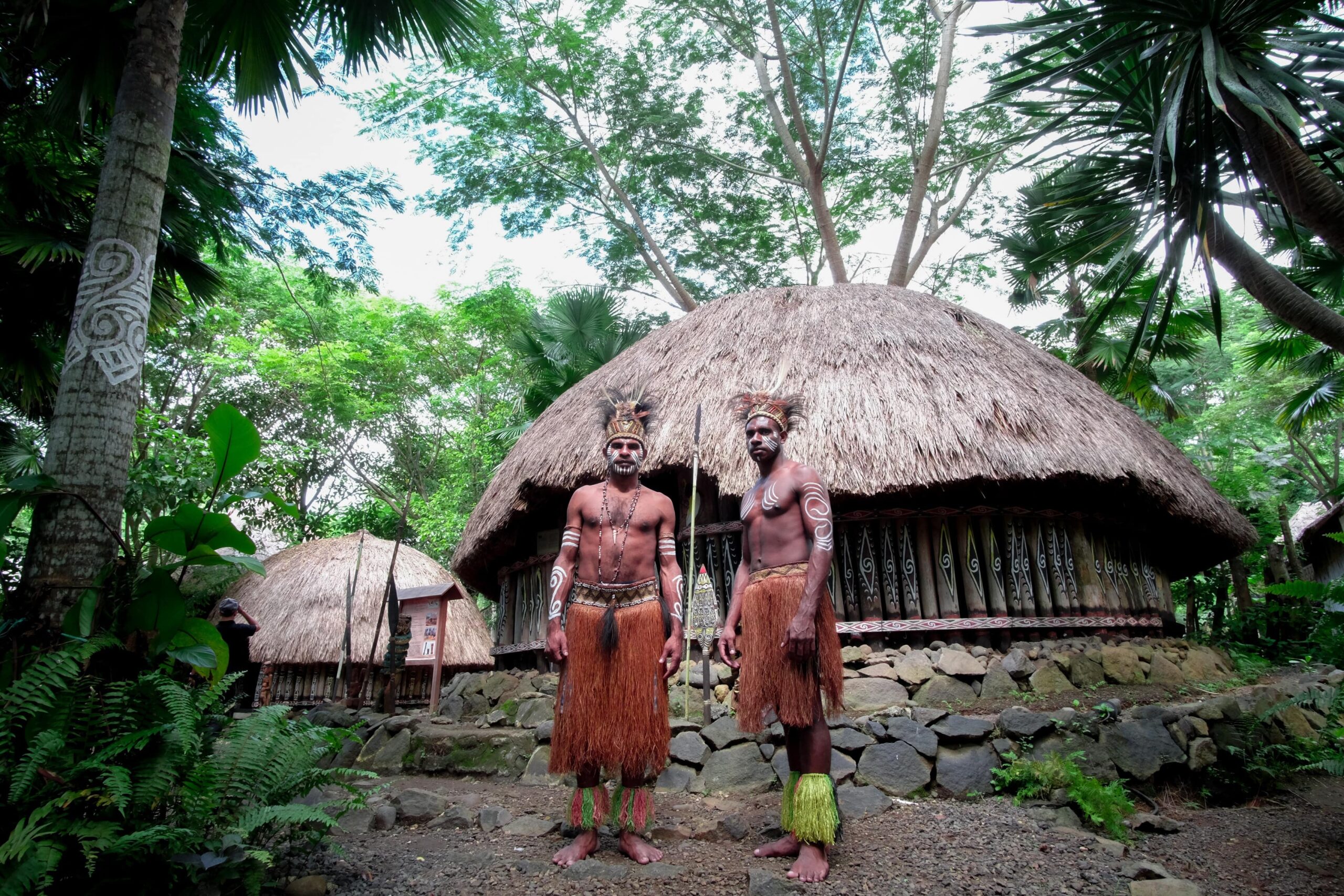
Language means so much more than communication between people – it represents culture, history, tradition, and identity. According to UNESCO, there are more than 8300* languages in the world today. A startling fact is that about 97% of the world speaks just 4% of these languages, including languages such as English, Spanish, Portuguese, Mandarin Chinese, Russian, Indonesian and Arabic. Only 3% of the population speaks the remaining 96% of the languages, many of which are indigenous languages. Around 600 languages have already disappeared in the last century, and experts estimate that others will continue to disappear at a rate of one language every two weeks. If this trend continues, up to 90% of the world’s languages are likely to disappear before the end of the century. What are the causes of language loss and what can we do about it?
Linguicide: What are the causes of Language Loss?
Linguicide, or language death, occurs when there are no living native speakers of a language and others do not know the language. There are many reasons for language loss, including:
- Many indigenous peoples have stopped passing on their ancestral languages to the next generation because the younger generation has adopted the country’s most spoken language.
- A community may feel pressure to integrate into a larger culture, whether by law or by cultural pressure.
- Schools teach only the larger cultural language, so kids aren’t learning any other language in the educational system.
- Some languages are only spoken, with nothing written down to preserve them.
- Over time, historically, genocide has led to linguicide.
- Many communities are faced with poverty, illiteracy and human rights violations, so preserving a language isn’t a priority.
The impacts of linguicide to a community and civilization in general include:
- Communities lose their identity and spirituality. It can be common in indigenous languages to transfer history and culture from generation to generation orally in the form of dances, community ceremonies and prayers, and this knowledge oftentimes isn’t found anywhere else.
- A loss of cultural and traditional knowledge of science, including biology, medicine, flora, fauna, ecosystems and local names of places.
- A limit to what linguists can learn about human cognition through the study of languages.
Without a concerted effort to teach the next generation of children with laws protecting the right to teach, a language may fall prey to linguicide.
Note: Since the time the following video was produced, UNESCO completed a 6-year study in order to produce their World Atlas of Languages. Based on this study, UNESCO increased its tally of spoken languages from over 6,700 to 8,325.
Subscribe to our YouTube channel!
How to Promote Indigenous Languages
Language is a key component of culture, which is especially true for indigenous communities who pass most of their ancestral history and knowledge to younger generations orally.
Here are a few ways to help promote indigenous languages:
- Use the language around children as much as possible
- Get involved in programs that feature elders teaching indigenous languages to children
- Create written records of the language for future generations to reference
- Emphasize the importance of not conforming to the most commonly spoken language
The tragic loss of languages is undeniably detrimental to these communities. As a part of the preservation process, we are honored to be one of the few language service companies equipped to provide translations of indigenous and rare languages.
If you need help with translations of indigenous or other languages, please contact us. We look forward to helping you with your document translation needs.
*This blog was updated on August 8, 2022 for clarity and to include UNESCO’s most recent data.
References: UNESCO






Comments are closed here.